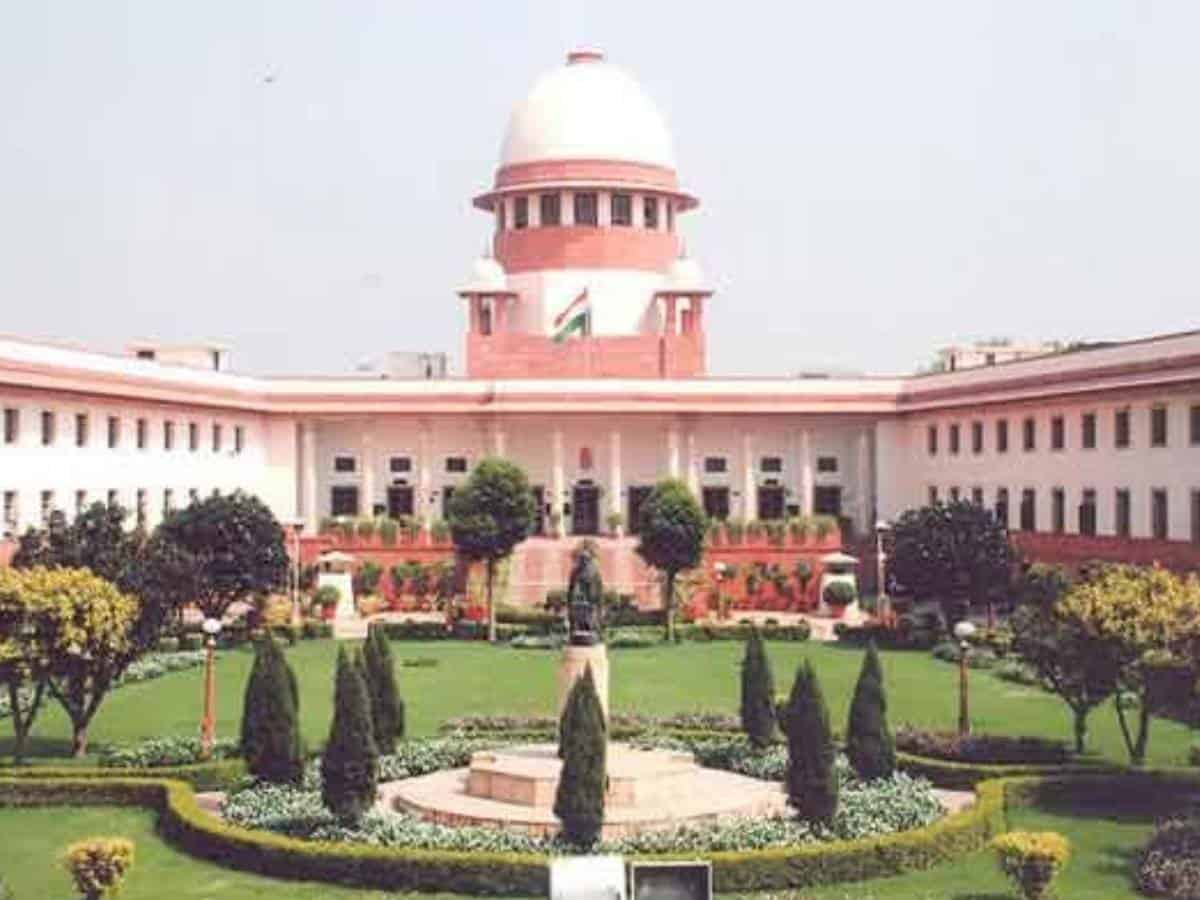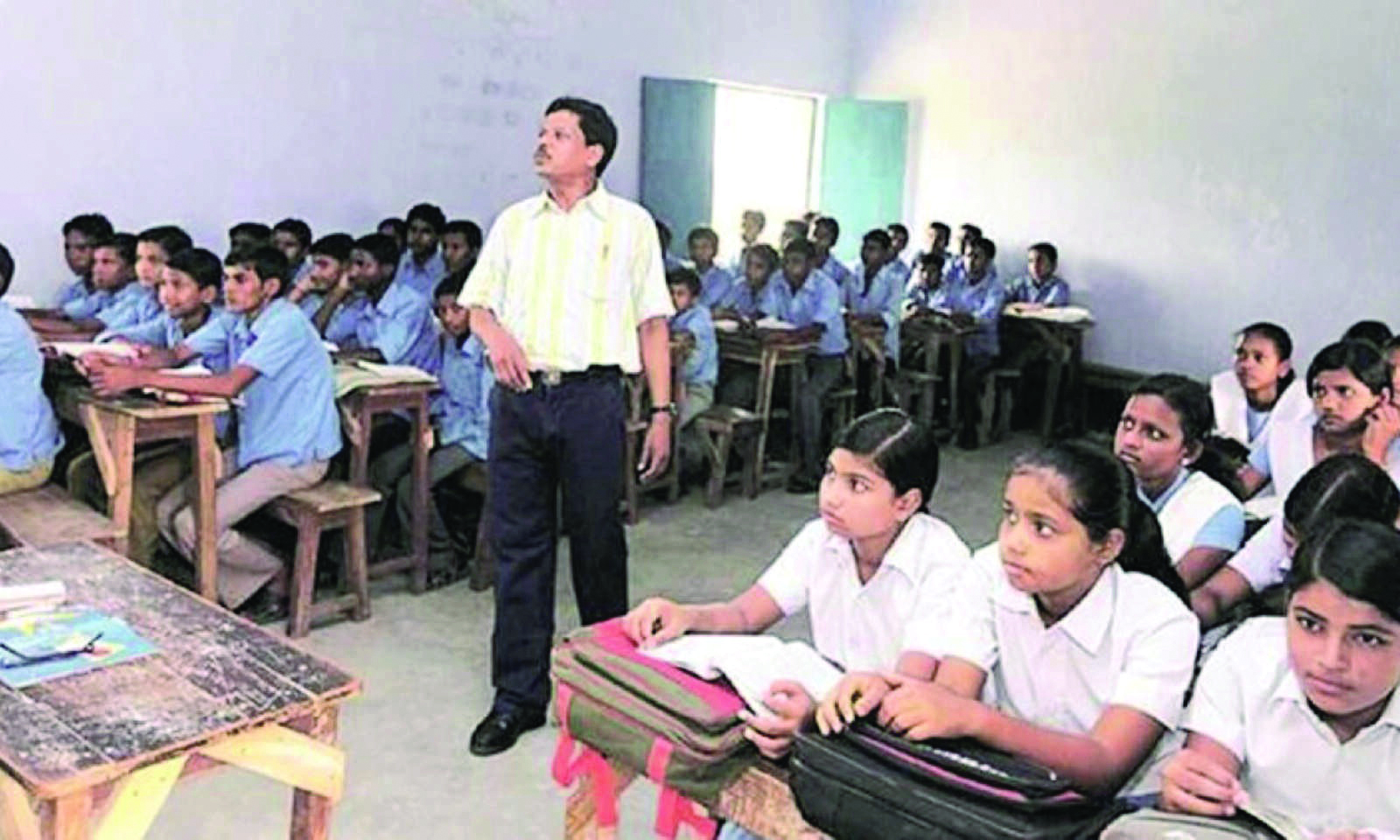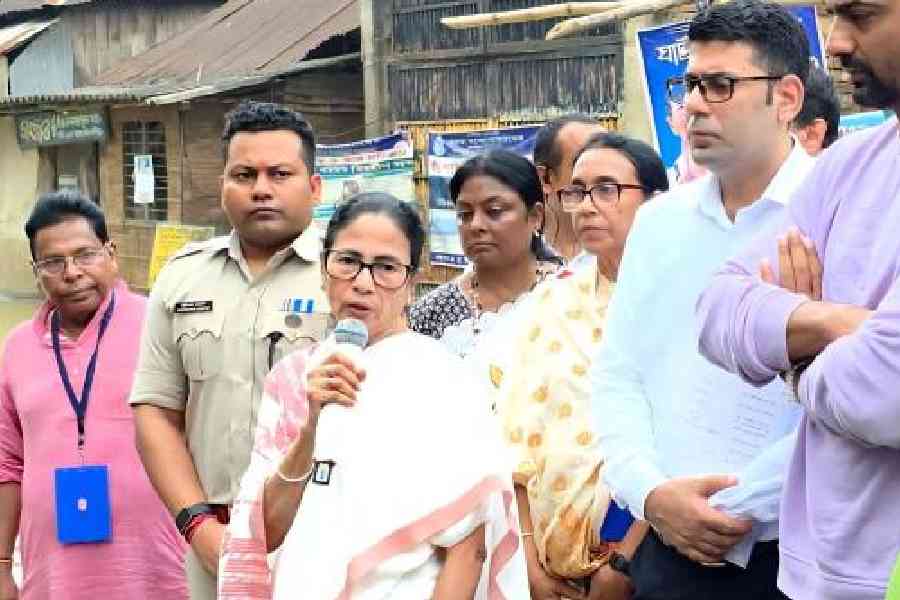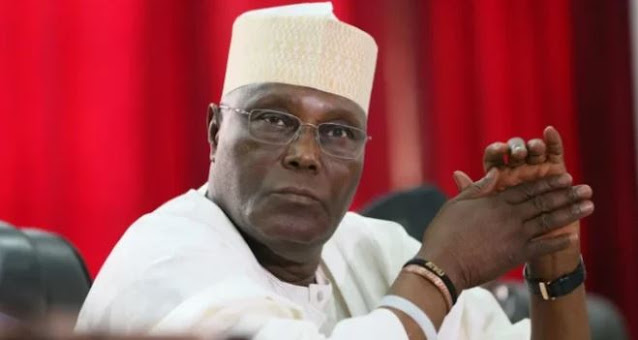The case, being heard by a bench of Justices Sanjay Karol and Prashant Kumar Mishra, arises from a broader legal and constitutional debate: is Dearness Allowance merely a discretionary allowance linked to inflation, or is it a guaranteed legal entitlement? A previous High Court ruling had discussed DA in the context of fundamental rights, prompting the apex court to seek clarification from both the West Bengal government and employee unions.
During the hearing, the West Bengal government firmly stated that DA is not a fundamental right under the Constitution. According to its legal team, there is no statutory provision that mandates DA as a compulsory benefit. Emphasizing the federal nature of India’s governance, the state contended that each state determines its DA rate based on local economic conditions and financial health. Senior advocate Kapil Sibal, appearing on behalf of the state, clarified that there is no uniform rule across the country governing DA, and therefore the state is within its jurisdiction to decide the rate independently of the Centre.
On the opposing side, employee organizations, including the Sangrami Joutho Mancha—a coalition of various staff unions—acknowledged that DA may not be a fundamental right, but questioned the wide disparity between the DA rates offered by the Centre and those provided by the West Bengal government. They demanded parity, arguing that employees in West Bengal deserve equal treatment and compensation in line with central government norms.
Advocate Vikram Banerjee, one of the panel lawyers representing the Sangrami Joutho Mancha, outlined the coalition’s legal strategy. After consulting with eminent senior advocates including Gopal Subramanium, Bikas Ranjan Bhattacharya, and P.S. Patwalia, the Mancha has decided to steer the argument away from the uncertain terrain of fundamental rights and instead establish DA as a “legally enforceable right.” Banerjee explained that this decision was made to avoid legal risks. If the Supreme Court were to rule that DA is not a fundamental right, it could set a negative precedent that might affect future cases, including those relating to the 2019 Revision of Pay and Allowances (ROPA).
By focusing on the 2009 ROPA, which is the basis of the current case, the legal team aims to demonstrate that under the existing rules, DA is not a discretionary bonus but a statutory entitlement designed to offset the effects of inflation. The term “Index Average,” mentioned in the ROPA rules, is critical to this argument. Lawyers for the employees argue that this index is inherently variable and must adjust with inflation, meaning the DA cannot remain fixed at an arbitrary figure—as claimed by the state at 536 points.
Banerjee expressed confidence that the legal team is well-prepared and fully equipped to counter the state’s arguments. He emphasized that the Pay Commission’s report clearly supports the idea that DA is tied to inflation and should be adjusted periodically. He called on employees to remain united and to support the ongoing legal battle. The hearing is expected to continue over the coming weeks, and the outcome could set a crucial precedent not only for West Bengal but for public sector employees across India.
In the courtroom, the bench also made a notable observation, stating that a balance must be struck in such matters: while honest officers deserve protection from frivolous or vexatious complaints, dishonest ones should not be shielded. This remark underscores the judiciary’s effort to navigate the complex intersection of legality, accountability, and employee welfare.
The DA case continues to be followed closely by stakeholders nationwide. A favorable ruling for the employees could potentially make DA a non-negotiable component of public sector compensation, thus setting a powerful precedent. Conversely, a ruling in favor of the state might reinforce the discretion of individual governments in determining allowances based on regional constraints. As arguments unfold, the legal and policy implications of this case are expected to resonate well beyond the borders of West Bengal.









